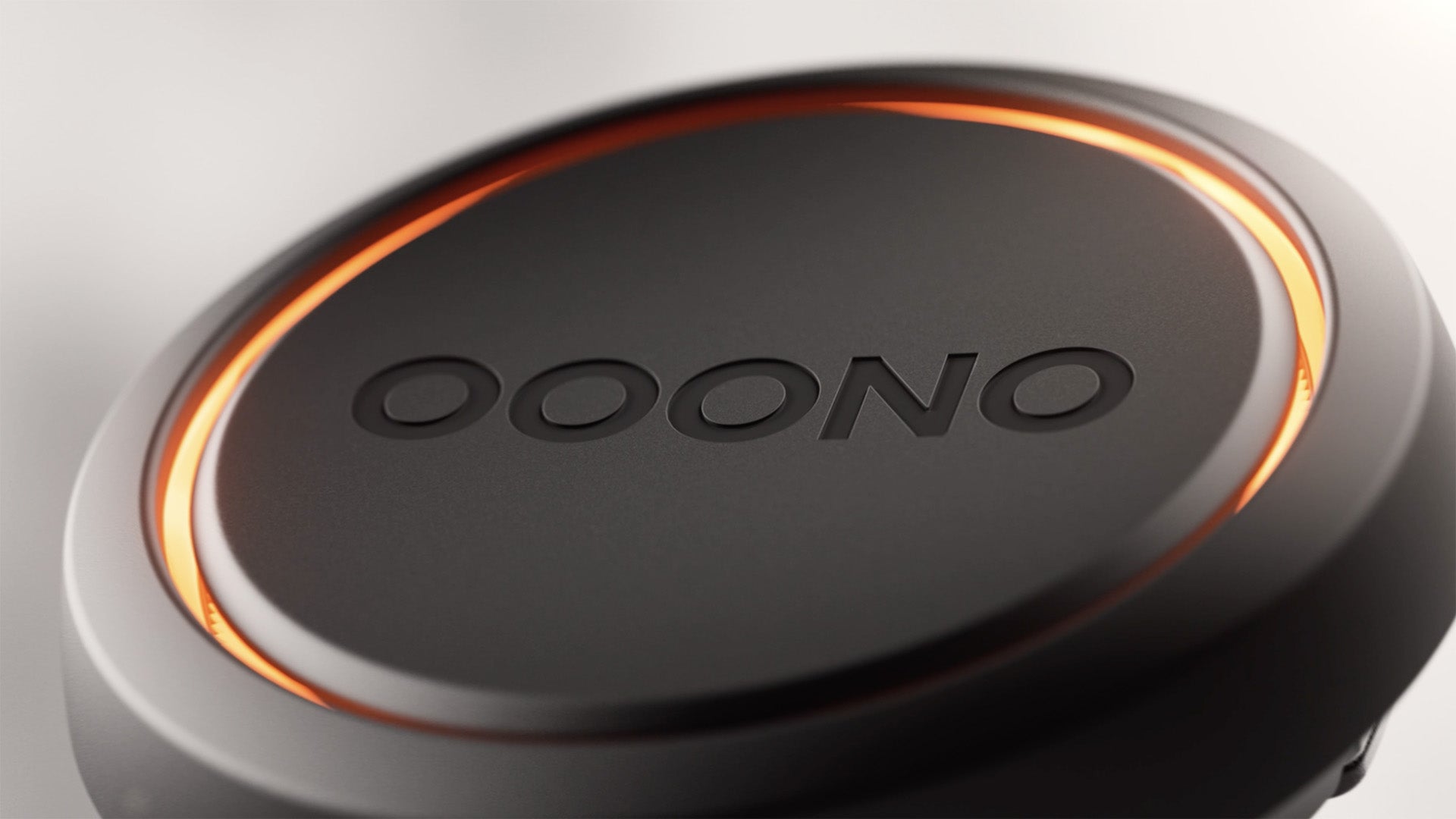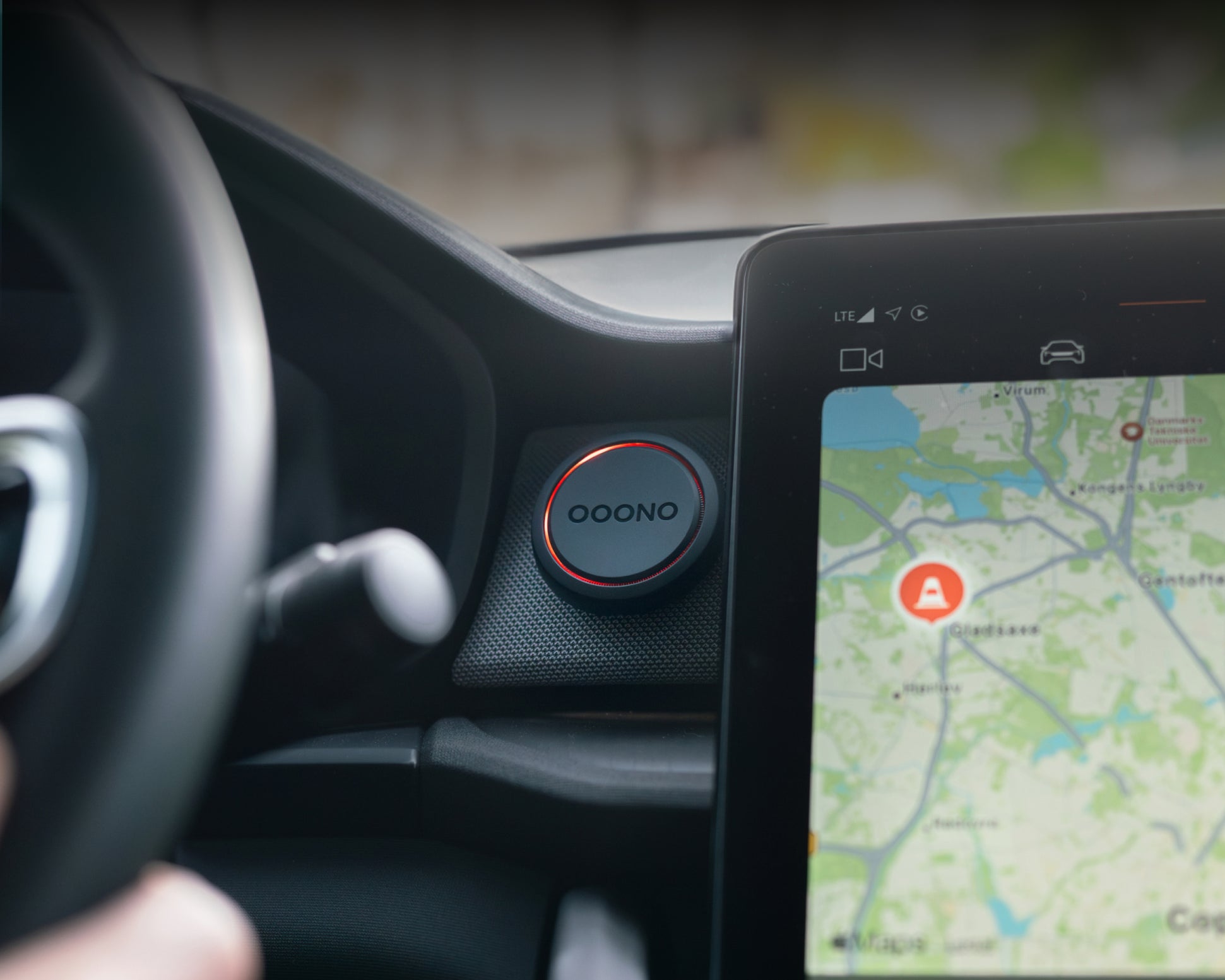Is a traffic alarm legal in Denmark? Here’s everything you need to know about OOONO CO-DRIVER and what the law says.
More and more drivers are looking to make their journeys safer, more predictable, and generally stay alert to what lies ahead on the road. In this context, a traffic alarm can be a helpful tool.
But one question keeps coming up: Is it legal to use a traffic alarm in Denmark? The short answer is yes – under certain conditions.
In this article, we’ll explain exactly when a traffic alarm is legal, what it actually is, and how the OOONO CO-DRIVER differs from traditional traffic alarms. We’ll also explain why CO-DRIVER is a reliable and legal driving assistant you can safely use on the road every day.
Most importantly, we’ll show how CO-DRIVER helps you stay more alert, avoid surprises, and improve your road safety.
What is a traffic alarm?
A traffic alarm for cars is commonly understood as a device that warns drivers of road hazards or incidents – such as accidents, roadworks, or speed traps. These warnings can be delivered via sound, light, or app notifications. Many people confuse traffic alarms with illegal radar or laser detectors, which actively attempt to interfere with police equipment. But it’s essential to understand the difference:
- Passive traffic alarm systems (like OOONO CO-DRIVER) only alert you to known incidents and do not interfere with law enforcement equipment.
- Active systems – such as radar or laser jammers – are illegal in Denmark, as they aim to prevent the enforcement of speed limits.
Is it legal to use a traffic alarm in the car?
Yes – in Denmark it’s legal to use a traffic alarm in your vehicle, as long as it doesn’t interfere with police equipment. This includes devices that passively collect and share data – exactly how OOONO CO-DRIVER works.
However, it’s important to stress: a traffic alarm doesn’t remove your responsibility as a driver. You’re always required to obey speed limits, road signs, and the traffic laws – even if you receive a warning. Think of CO-DRIVER not as a 'cheat device', but as a tool to enhance your awareness and increase your road safety.
CO-DRIVER: More than just a traffic alarm
At OOONO, we see CO-DRIVER as more than a traffic alarm. It’s a smart driving assistant designed to help you stay focused and keep your eyes on the road – especially when it matters most. Powered by data from millions of users across Europe and our data partners, you get precise alerts about relevant incidents along your route.
CO-DRIVER NO1 vs. NO2: What’s the difference?
|
Feature |
NO1 |
NO2 |
|
Connection |
Manual Bluetooth |
Automatic Bluetooth connection |
|
Battery life |
Standard |
Rechargeable with USB-C (cable included) |
|
Volume |
One fixed sound |
Adjustable volume |
|
Design |
Standard |
Slimmer and more discreet design |
|
Apple CarPlay/Android Auto |
No |
Yes |
In short, NO2 is easier to use and more intuitive in everyday driving. It requires less manual setup and works with your car’s infotainment system.
Road safety is our top priority The OOONO CO-DRIVER isn’t for those looking to beat the system. It’s for drivers who want to feel prepared, informed, and safe behind the wheel.
With a CO-DRIVER, you can take responsibility for your driving – while enjoying the added confidence of knowing what’s coming.
It doesn’t guarantee you’ll avoid fines – but it helps you drive smarter and makes the road more predictable. That’s why we – and our users – love the product: because it makes a difference in the right way.
Law and technology: Where is the line? Danish law makes a clear distinction between technologies that passively assist drivers and those that actively interfere with law enforcement.
Laser detectors and similar active systems are illegal in Denmark.
But systems like CO-DRIVER – which use crowdsourced data and don’t actively scan for police – are fully legal.
What does the law say abroad? The CO-DRIVER works in more than 80 countries. But be aware that traffic alarm laws differ across borders.
So while it’s legal to use a traffic alarm in Denmark, different rules apply in various European countries – and it’s important to understand the differences, especially when driving internationally. Many of our Danish users like bringing their CO-DRIVER on road trips – but pay special attention to countries like Germany and Switzerland.
Germany Germany has stricter rules. It’s illegal to use apps or devices that warn about speed traps – even passive systems. German authorities consider it a violation of traffic law, and use may result in fines. This applies to both stand-alone devices and smartphone apps designed to alert you to police checks. Interestingly, installing these systems in your car isn’t necessarily forbidden – but using them while driving is. This means your CO-DRIVER can still be used in Germany – but it must be set to only warn about road hazards and speed limits, not speed checks.
You can also review warnings before you start driving to stay informed – you just can’t receive live alerts about speed checks while on the road.
Switzerland Switzerland has even stricter laws. It’s illegal to own or use devices that warn about speed traps –whether active or passive. This includes navigation devices or smartphones with similar features. Swiss law enforces a zero-tolerance policy, and violations may lead to fines, confiscation, or even seizure of your device. That’s something we regret, as we know CO-DRIVER helps improve traffic behavior – but safety always comes first.
Driving abroad? If you’re planning to drive abroad, we recommend disabling CO-DRIVER in countries where it’s not allowed – or researching local laws beforehand.
Remember, you can toggle specific features on or off in the app.
Conclusion: Is a traffic alarm legal in Denmark? Yes.
And with an OOONO CO-DRIVER, you get more than a simple traffic alarm – you get a responsible, data-driven, and fully legal driving assistant.


